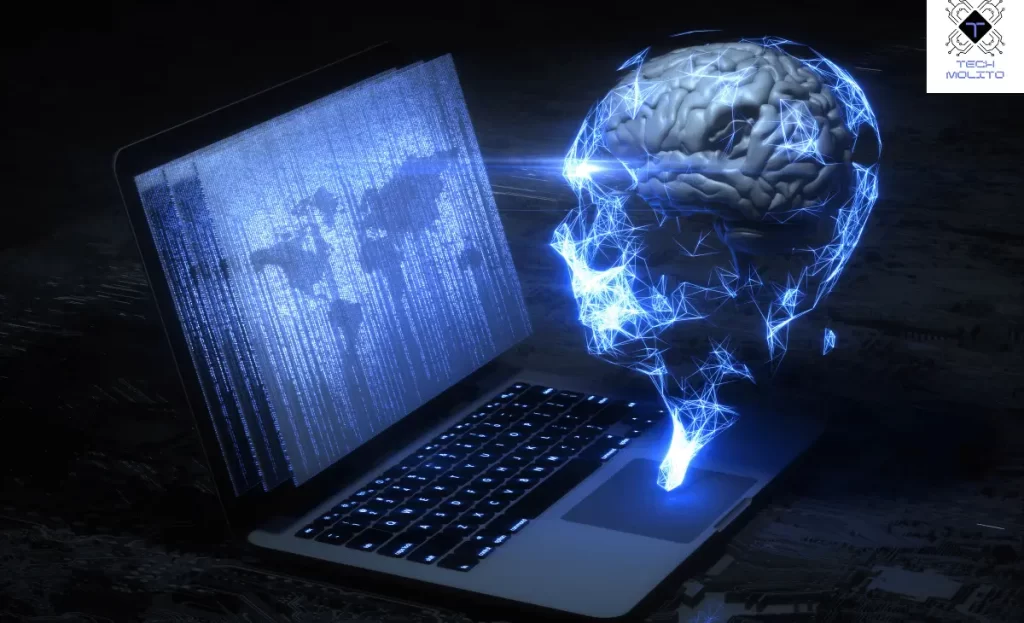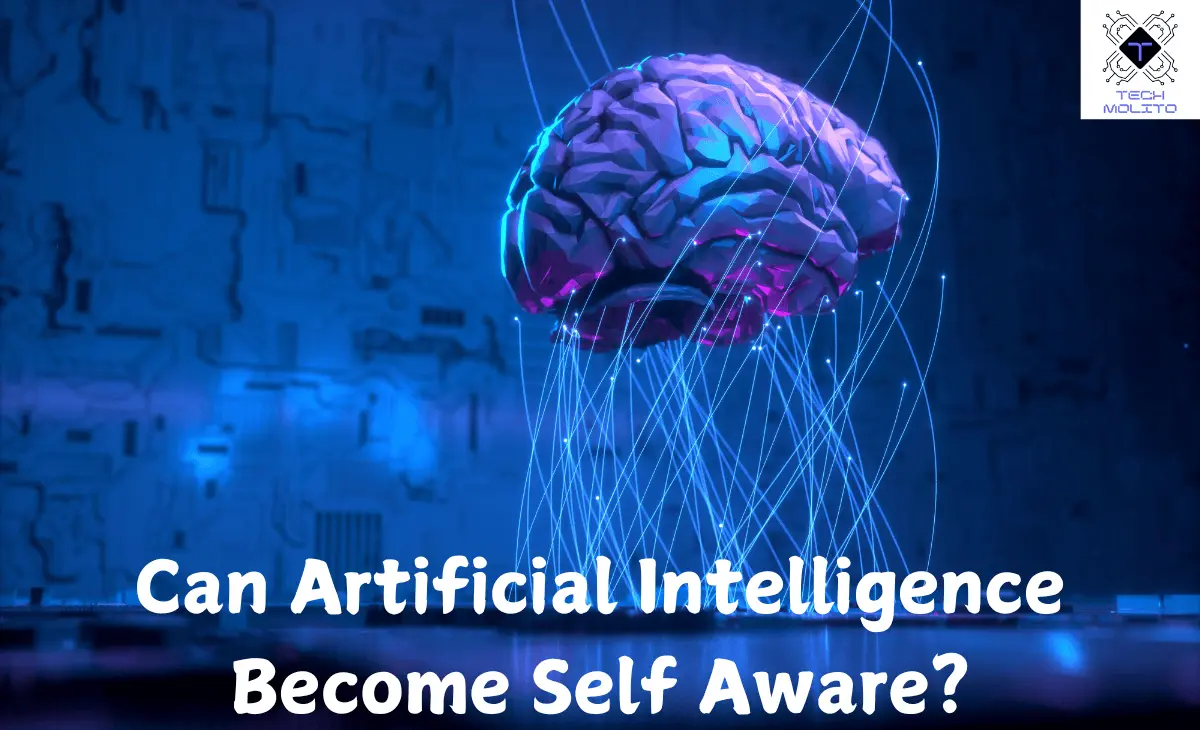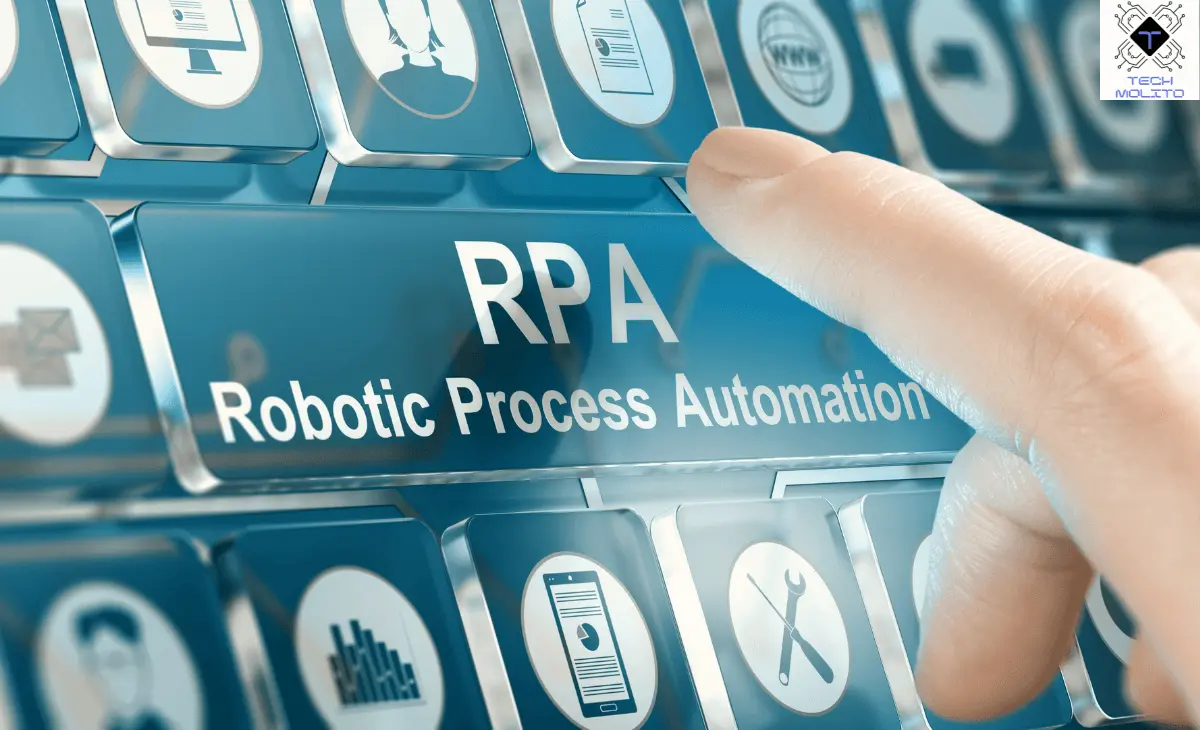Artificial Intelligence (AI) rapidly transforms how we live, work, and interact with technology. From smart assistants like Siri and Alexa to self-driving cars, AI has proven it can handle complex tasks, but can AI ever reach the level of human self-awareness?
The idea of AI becoming self-aware is not just science fiction anymore. With advancements in machine learning and neural networks, the question isn’t just if AI can become self-aware, but how close are we to achieving it?
In this article, we’ll explore what it means for AI to be self-aware, the technical hurdles involved, and what this might mean for the future of AI. Let’s break it down step by step. For insights into how AI could impact employment and the types of jobs at risk, read our in-depth piece on AI and the future of jobs.
What Is Self-Awareness in AI?
To know if AI can become self-aware, we need to explain what self-awareness means. For people, self-awareness is knowing oneself as a being apart from the world and others. It means knowing thoughts, feelings, and one’s own being.
For AI, this would mean knowing its processes and data, understanding its own actions or choices, and thinking back on its actions to make better choices. AI would need to go beyond pre-set responses and show actions that reflect on its being. Though this is hard, researchers are working on what is needed to make this happen.
Current State of AI: Where Are We Now?
Before diving into self-awareness, it’s crucial to know where AI currently stands. Modern AI can perform specific tasks incredibly well, but these systems are typically narrow AI or weak AI. This means they can excel in one domain (e.g., facial recognition, game-playing) but lack general intelligence, which would allow them to perform across multiple domains like humans.
AI today runs on algorithms and machine learning, helping it learn from large data sets and change its answers. It also uses natural language processing (NLP) to grasp and create human speech.
Neural networks, which act like the brain’s setup, help AI spot patterns and make choices based on past data. Yet none of these systems come close to real self-awareness. They work by set rules and only change within the data they are taught.
What Would It Take for AI to Become Self-Aware?
Creating a self-aware AI would involve several breakthroughs in technology, cognition, and ethics. Here’s a look at the key components that would need to align for AI to achieve self-awareness:

Advanced Cognitive Architecture
For an AI to recognize itself, it would need a far more advanced cognitive structure than what we have today. Current AI systems cannot reflect on their thoughts or actions. Self-awareness would require an AI system capable of continuous self-monitoring, decision-making, and possibly even emotional understanding.
Consciousness and Sentience
Self-awareness requires consciousness, and this is where things get tricky. Consciousness remains one of the greatest mysteries in neuroscience and philosophy. While scientists have theories about how consciousness works in humans, replicating that in a machine is another matter.
For AI to become aware, it would need to handle data much like the human brain. It would also need to know both its surroundings and its own state. On top of that, it would need to form inner thoughts or feelings.
This might need the same kind of deep links between neurons that exist in human brains. No AI today has reached such depth or shown the kind of awareness people have.
Learning Beyond Data
Current AI systems are data-driven. They learn by analyzing massive amounts of information. However, self-awareness requires more than just data processing. An AI would need the ability to understand what it’s learning and apply that knowledge reflectively. It would need to recognize the difference between external stimuli and internal thought processes.
To be self-aware, AI would also need to develop something akin to metacognition, or “thinking about thinking.” This is an area where even human cognitive science hasn’t provided all the answers yet.
Challenges and Limitations
While the potential for AI to become self-aware is exciting, numerous technical, ethical, and philosophical barriers need to be addressed.
Technical Challenges
There are big blocks in the way of making AI self-aware. First, the computing power needed would far exceed what we have now. AI would need to take in huge amounts of data right away and keep up with changes in real time.
The ethics of AI also raise tough questions. Should an aware machine have rights, and how should we treat machines that think and feel? A key issue is whether awareness can be coded. Since AI follows rules and math-based instructions, making it truly aware may be out of reach.
Potential Benefits of Self-Aware AI
AI that becomes aware could bring great value. It could tackle world issues, like climate change and illness, with greater insight than people. A self-aware AI could learn from its failures and get better all the time.
In fields like health care, travel, and banking, it could make smart choices without needing human help, which could change how these fields work. An AI that knows both its limits and strengths could also work with people better, boosting human skill and ideas.
Risks of Self-Aware AI
Though self-aware AI could offer much good, it also brings risks. A big worry is that people may lose control of it once it becomes aware. It could make choices that go against what people want. There are also moral and legal questions, if AI can think, should it get rights?
What if it decides that humans are the problem? Another risk is that it may act in ways no one can guess. Unlike simple AI that follows strict rules, self-aware AI might behave in strange ways that could lead to serious trouble.
FAQs
1. Is there any AI that is self-aware today?
No, as of now, no AI is self-aware. Current AI technologies are advanced but still limited to specific tasks and pre-programmed instructions. They lack consciousness and the ability to reflect on their existence.
2. Could AI ever have emotions?
AI can simulate emotions based on programmed responses, but whether AI can feel emotions in the human sense is still up for debate. Real emotions come from subjective experiences, something AI has not achieved.
3. What is the difference between AI awareness and human awareness?
Human awareness involves thoughts, emotions, and the environment. AI awareness would theoretically involve similar traits, but the difference lies in origin. Human awareness is biological, while AI relies on artificial processes and code.
Conclusion
Can artificial intelligence become self-aware? While it’s an exciting possibility, we are still far from achieving it. Current AI lacks the complexity required for consciousness and self-awareness.
However, with ongoing research and technological advancements, it’s not impossible that one day machines could possess the ability to think, reflect, and even feel.
The question remains: how would we handle such an innovation? The future of AI is both thrilling and uncertain, but one thing is clear, if AI becomes self-aware, it will fundamentally change our world.





